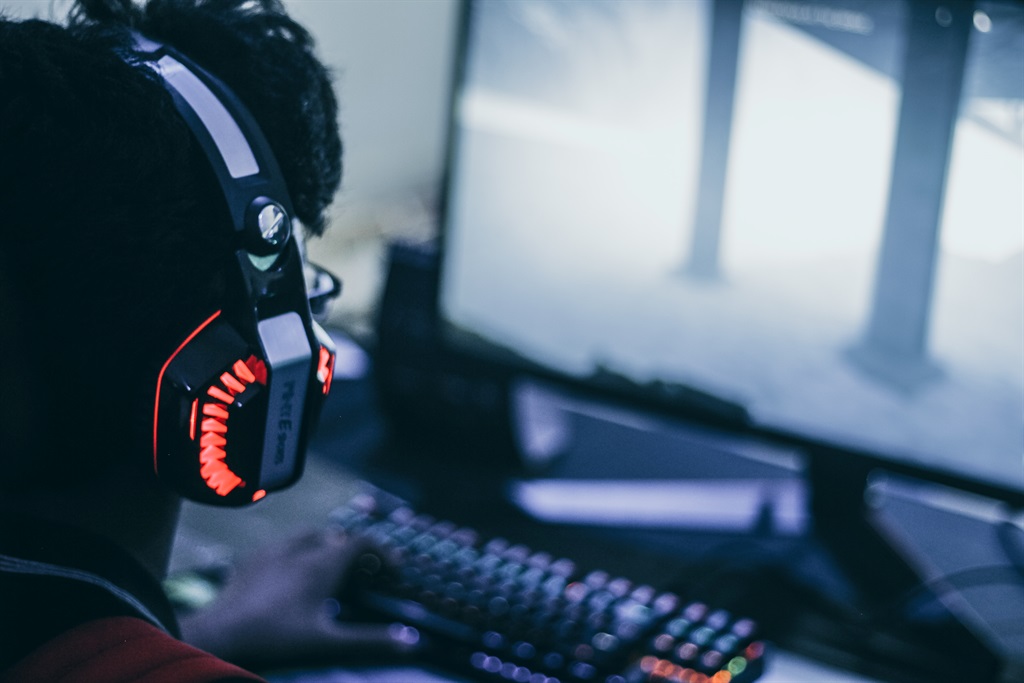
Gaming often comes at the expense of a couple of hours in bed after letting your children play that "one last game", but more importantly, it affects the quality of sleep they manage to get.
It is well known that a lack of sleep affects both your physical and psychological well-being, but just how much?
And how do you improve your quality of sleep?
Read: No need to sleep on it: Find out if pillows are safe for your baby
How does gaming affect the quality of sleep?
Gaming is typically a sedentary behaviour, which means that there is little physical exercise and plenty of sitting.
The lack of physical movement for extended periods leads to a range of bodily discomfort that may cause restlessness when sleeping and therefore, interrupts the restoration achieved.
Exposure to bright lights from the screens of the gaming electronics for an extended time can trick our brains into thinking it's daylight.
This can affect our circadian rhythm, also referred to as our biological clock, which controls how sleepy or awake you are, and can delay the release of neurochemicals that make us sleepy.
Gaming also requires alertness, which can block the body's signals that 'it's time to go to bed'.
Also read: Could screen time be the reason your toddler won't sleep?
What are the effects of lack of sleep?
Research has shown that even six to seven hours of sleep can still decrease performance, memory, reaction time, hand-eye coordination and problem-solving.
Mild to long-term sleep problems have also been associated with an increased risk of physical illnesses and mental conditions such as depression, anxiety and bipolar disorder.
To improve the quality of sleep, the European Academy for Cognitive Behavioural Treatment of Insomnia recommends:
- Creating set times for going to bed and waking up
- Keeping your room at a cool temperature
- Avoiding big meals closer to bedtime
- Exercise regularly
Chatback:
Share your stories and questions with us via email at chatback@parent24.com.
Don't miss a story!
For a weekly wrap of our latest parenting news and advice sign up to our free Friday Parent24 newsletter. Also, just for subscribers, we have an education themed newsletter: sign up for Bright Spark here.




 Publications
Publications
 Partners
Partners











